Editor’s Note: Jimmy Collins is a member of LTV’s sponsored content team, The Leisure Explorers. Do you own a Leisure Travel Van and enjoy writing? Learn more about joining the team.
While many RVers have the luxury of not having to work while on the road, that has not been the case for me. Though it was a challenge to figure out, I’m pleased to report that after over a year and half on the road, I’ve found that work and adventure truly can co-exist. I’ve managed to explore the most beautiful parts of North America, while running two businesses and maintaining a steady income. There’s nothing like experiencing the freedom of the open road, while knowing you’re also expanding your career and being financially responsible. This post is about the lessons I’ve learned from working on the road.
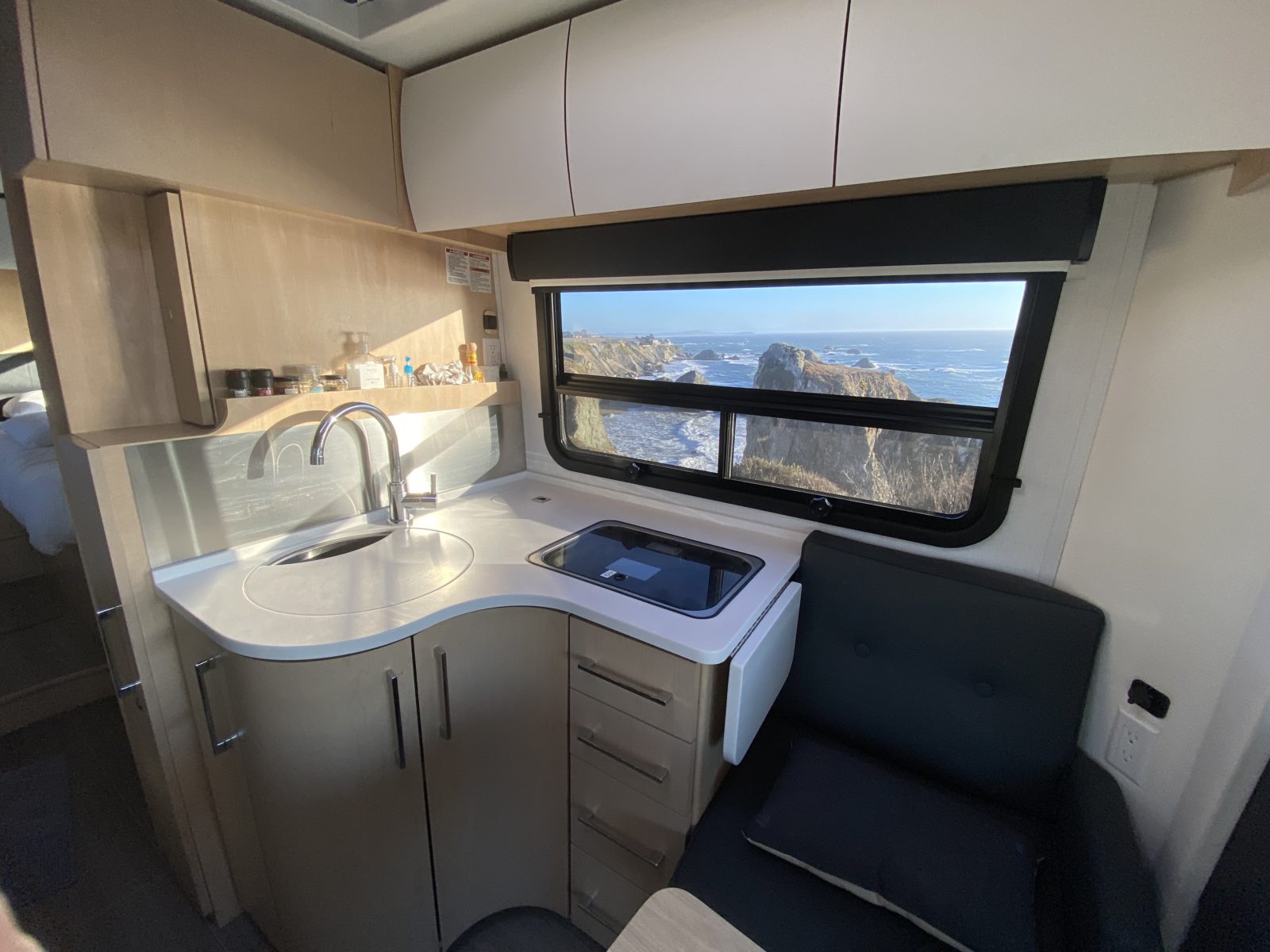
Of course, some careers lend themselves to remote work better than others. It would be pretty hard to operate a power plant or manage a grocery store from a roving van, but you never know! I’ve been amazed by the creative solutions people have come up with. The growing trend toward remote work has also made many traditionally stationary careers surprisingly flexible. Unless your work absolutely requires being in one particular location, I’m sure there’s a way to figure it out! If there’s one thing 2020 has taught us, it’s that those “vitally important” meetings really could have been an email after all.
My particular work situation is actually not all that “road friendly” at first glance. My primary career involves directing TV commercials and videos. This requires me to be on location wherever the shoot happens to be. My other business is an e-commerce project I started a few years ago as an outlet for my interest in watches and product design. It involves selling and shipping products around the world. Of course, both businesses also require plenty of email and computer work.
From the comforts of my van, I’ve been able to keep up with email, join calls and video meetings, update my websites, and perform many creative tasks like video/photo editing, writing, and design. Though the space may be smaller than your typical office, I really like working from the table in my Unity Twin Bed. I even did my taxes last year feeling like Lawrence of Arabia while camping in a field of giant sand dunes outside of Roswell, New Mexico. My $3/night BLM land “rent” certainly beats the price of office space in Los Angeles, too!
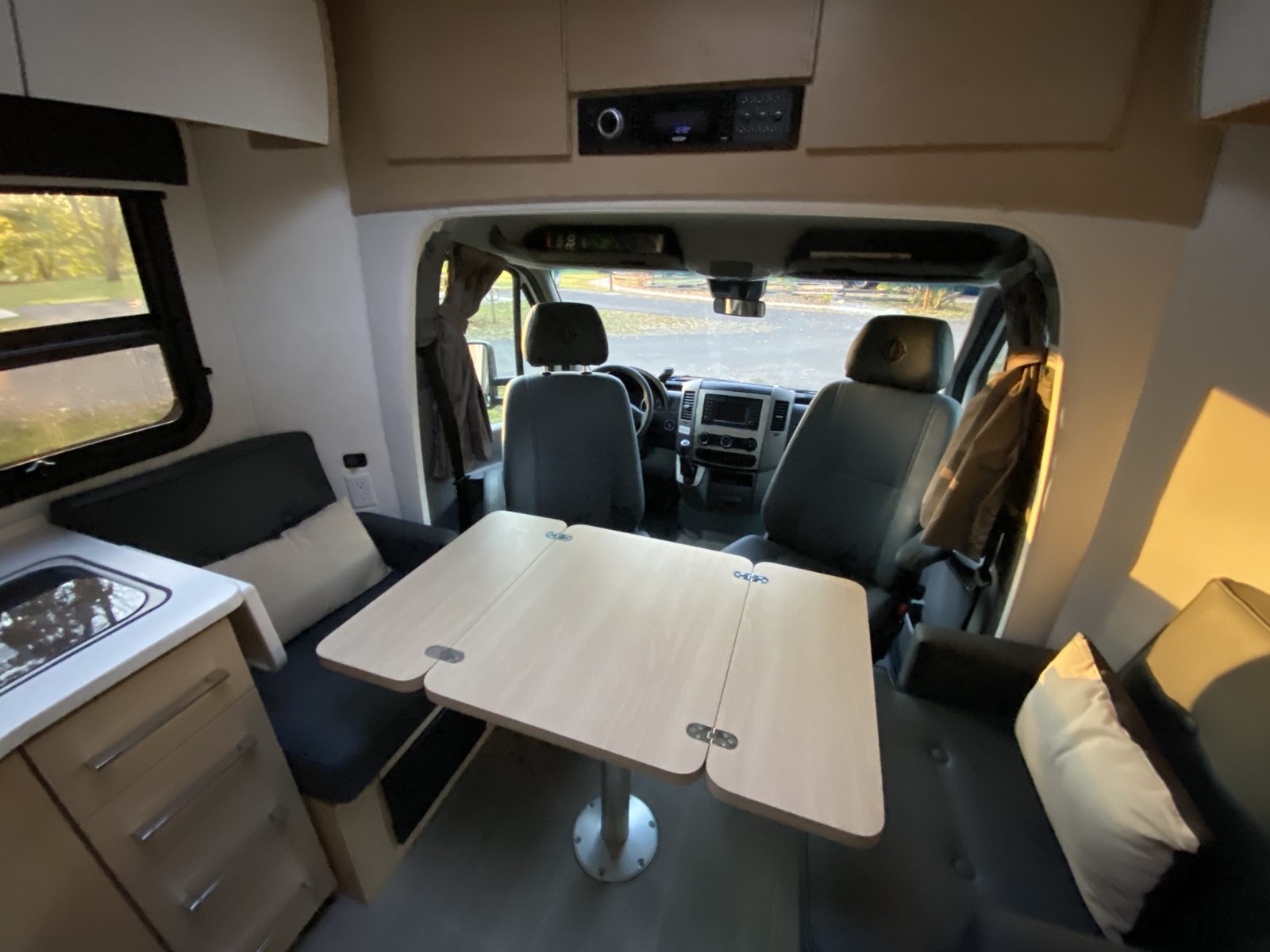
While a lot of computer work can be done offline, you’re going to need internet at some point. Fortunately, that’s a pretty easy one to solve. The Winegard LTE antenna that comes standard on all LTV models is a great place to start. For a reasonable monthly fee (no contracts necessary), you can connect to the world from most places. I find the connection in general to be quite fast too. Just beware, Netflix or large video downloads will eat through your data allowance pretty quickly! In addition to the Winegard, I also often use my phone as a hotspot. I like that the Winegard uses the AT&T network, while my phone is on Verizon. This way if one network doesn’t serve the area I’m in, I can try the other. There are plenty of other great tools out there as well. In addition to your phone or Winegard, you can purchase a dedicated hotspot from the carrier of your choice. There are even some good options available now that provide unlimited data. One example I found but haven’t tried myself is Bix Wireless.
Of course, unlimited fast internet is meaningless if you have no signal, and that can really be a challenge when you’re exploring the parks or are otherwise off the grid. Though I have had a few frustrating experiences, I’ve found that generally I’m never more than about an hour away from service. Sometimes, it’s nice to get off the grid anyway! It can be relief to disconnect and relax. For truly mission-critical work, however, it’s best to get a sense of the signal strength ahead of time. Many campsite review apps, like Campendium, provide reports of signal strength on the various networks. If you’ve got the option to use two or three different networks between your various hotspots, there’s a good chance you’ll be able to connect. Email is usually easy, but I will warn you that Zoom calls and fast streaming can be difficult when you’re off the beaten path. Finally, if 24/7 global access is essential for your work, there are satellite internet options out there, too. These can get expensive and will probably be overkill for most, but if this is the thing that makes or breaks your ability to work from the road, it may be worth it.
In addition to the various cellular internet options, there is also plenty of WiFi to be found en route. Starbucks, Best Buy, and many other major restaurants and retailers provide internet free of charge. You’ll also find that many campgrounds have WiFi available, should you need it. Special thanks to the Best Buy in Little Rock, Arkansas, that enabled me to do a casting for one of my video projects via Zoom last year!
For many of you, the above solutions will solve all your mobile workplace needs and enable you to perform the functions of your job from the road. However, it was’t quite that easy for me. For video shoots, I’m often required to fly to various locations around the country. My new solution has been to drive my van to shoots whenever possible. I remember showing up to one shoot in Los Angeles in my van and delighting in the fact that I could take a hot shower and cook a proper meal in the crew parking lot. I’ve also found my van to be a great mobile office on shoots. It provides storage for equipment and allows me to take breaks and review video footage as we work. For one shoot in a rural area, I was even able to live at the filming location for a few days, avoiding a long commute to the nearest hotel, and saving on my budget in the process. Now, during the COVID era, people who need to travel for work may actually prefer to drive and stay in their van as opposed to dealing with the potential hassles and dangers of flights and hotels.
Of course, I can’t always take my van to shoots. It wouldn’t make sense to drive all the way across the country, for instance, for a one-day shoot. In these cases, I’ve found it pretty easy to park the van in a safe location (ideally with friends or family) and fly out from the nearest airport. The win-win scenario for me, though, has been when the adventure itself becomes the work. I’ve been lucky enough to film several videos for Leisure Travel Vans on the road, and it’s been a dream to turn my real-life journey into a professional project that I can share with all of you. You can see my first film for LTV, Call of the Open Road, here; I also wrote a behind-the-scenes blog post which you may find interesting. Keep your eyes out for a new project we recently completed!
Dealing with physical inventory and shipping for my e-commerce business was another challenge I had to solve. Since this business is new and relatively small, I don’t have employees or a fulfillment service that handles my shipping. But, thanks to the great storage capacity of my LTV Unity Twin Bed, I was able to turn my van into a mini warehouse. I keep enough stock for regular shipments organized under my bed. I also have a little shipping station set up and can print labels and ship products worldwide from wherever I am on the road. I’ve been really impressed with the US Postal Service along the way and have found that I can ship just about anything from anywhere. I was also able to hire a friend for a couple of hours a week to check my mail for me in Los Angeles and help with additional shipments and inventory management as needed – a very small cost for the lifestyle I’ve been able to create.
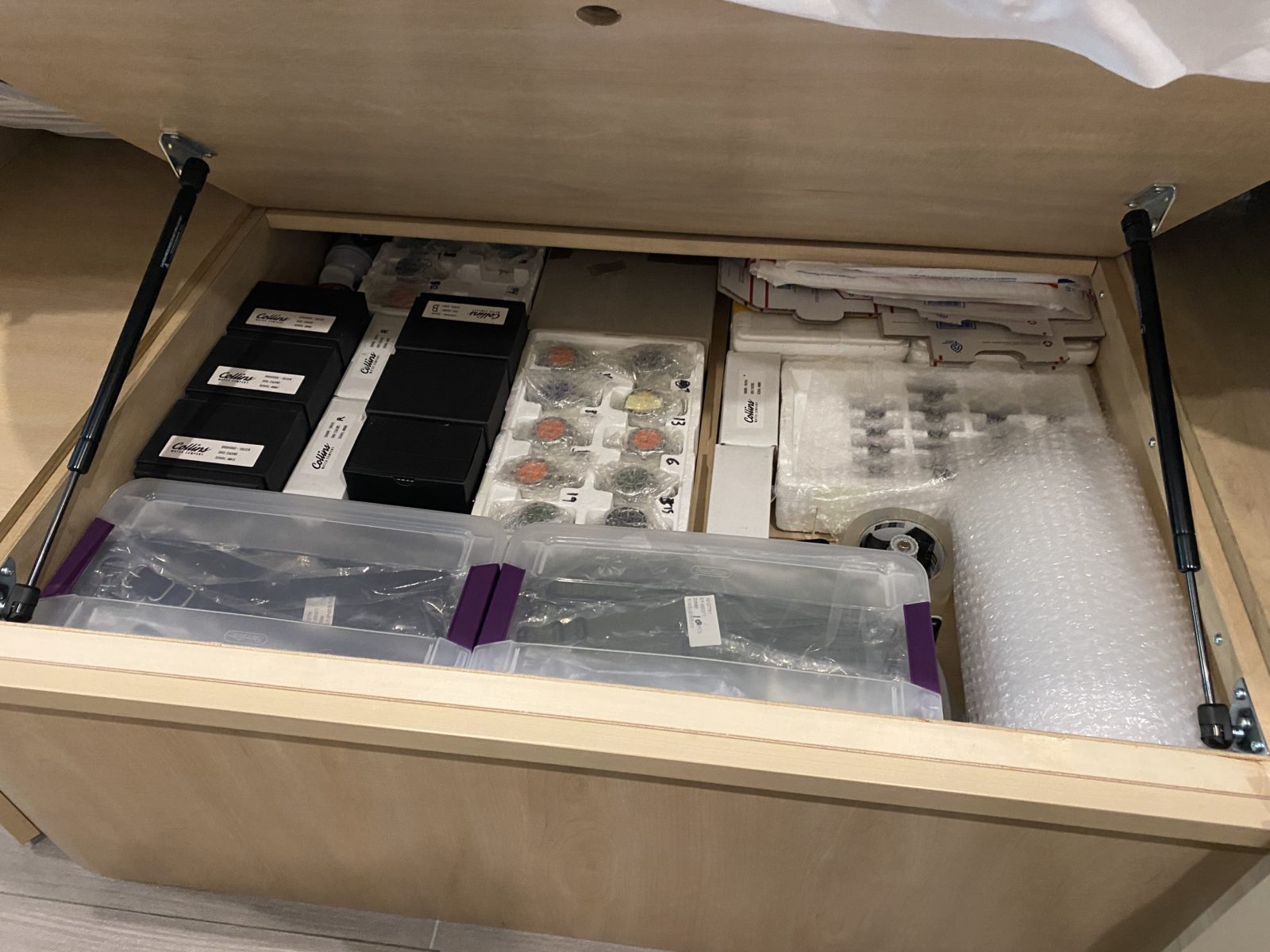
One final issue I’ve had to deal with on the road is how to receive physical mail and packages. My friend who checks my mail can scan and email important papers as needed, which is very helpful. I also use a UPS store mailbox for my businesses, so the staff there can forward mail and packages to me upon request. I simply select a good address (friends or family preferred) along my route and have whatever I need shipped there. I’ve also found Amazon lockers to be very useful on the road. You can get just about anything on Amazon shipped to a locker near where you are within a day or two! This is also, of course, great if you need to buy a part or accessory for your van. Though I don’t have personal experience with this, I’ll point out there are also services that will receive, scan, and email your mail for you as it comes in. This may be a helpful option for some.
As I hope this post demonstrates, you really can get a lot done while traveling around in your van. But, if your job just won’t allow it, there’s always vacation time, holidays, weekends, sabbaticals, and plenty of other ways to keep your work and adventures rolling at the same time. A career shift or early retirement may be an option for some folks as well. Perhaps your next adventure is the perfect excuse to try something new. Why not become the YouTube star or nature photographer or novelist you always wanted to be? There are many creative ways of working from the road, and if I could figure it out, you can too!
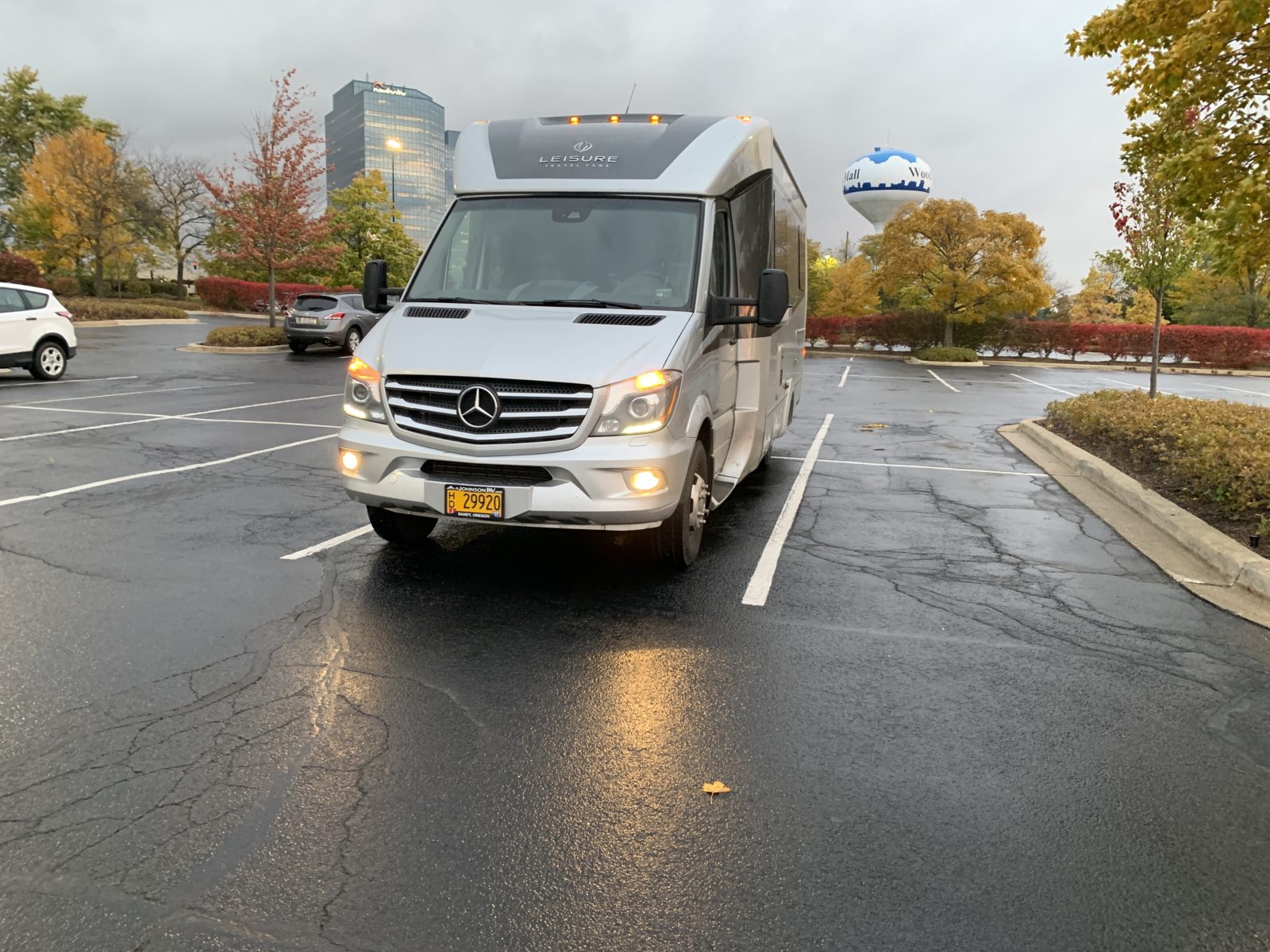


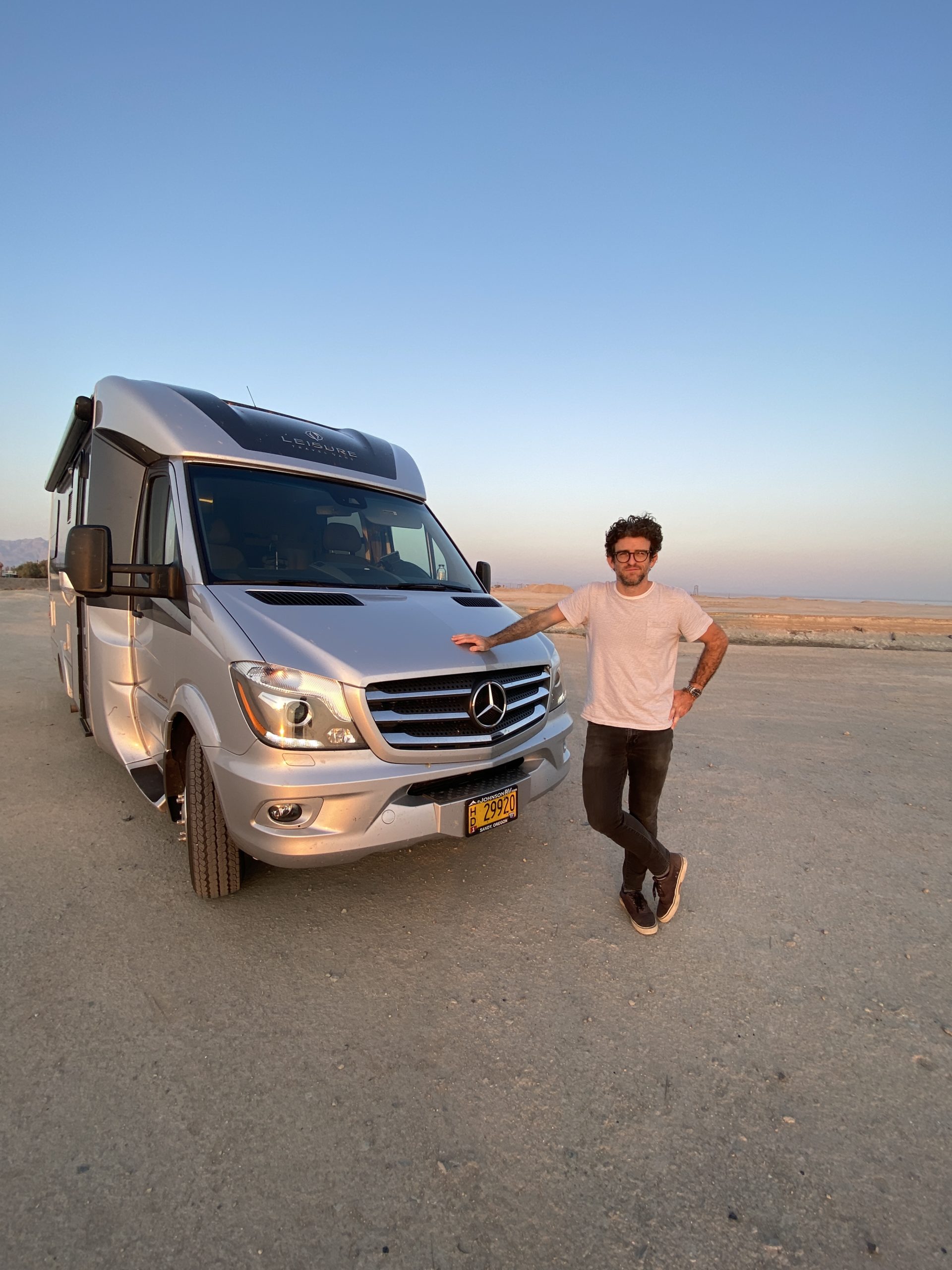
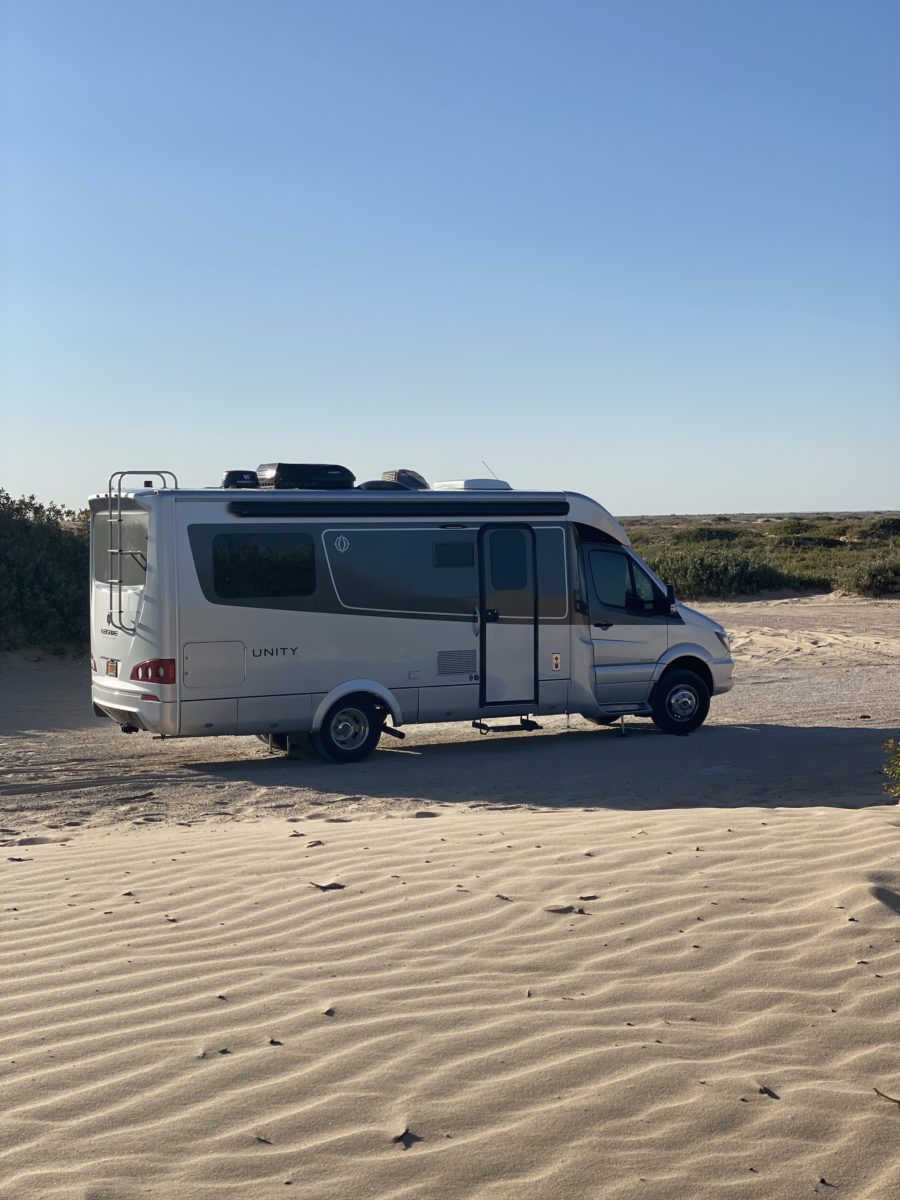
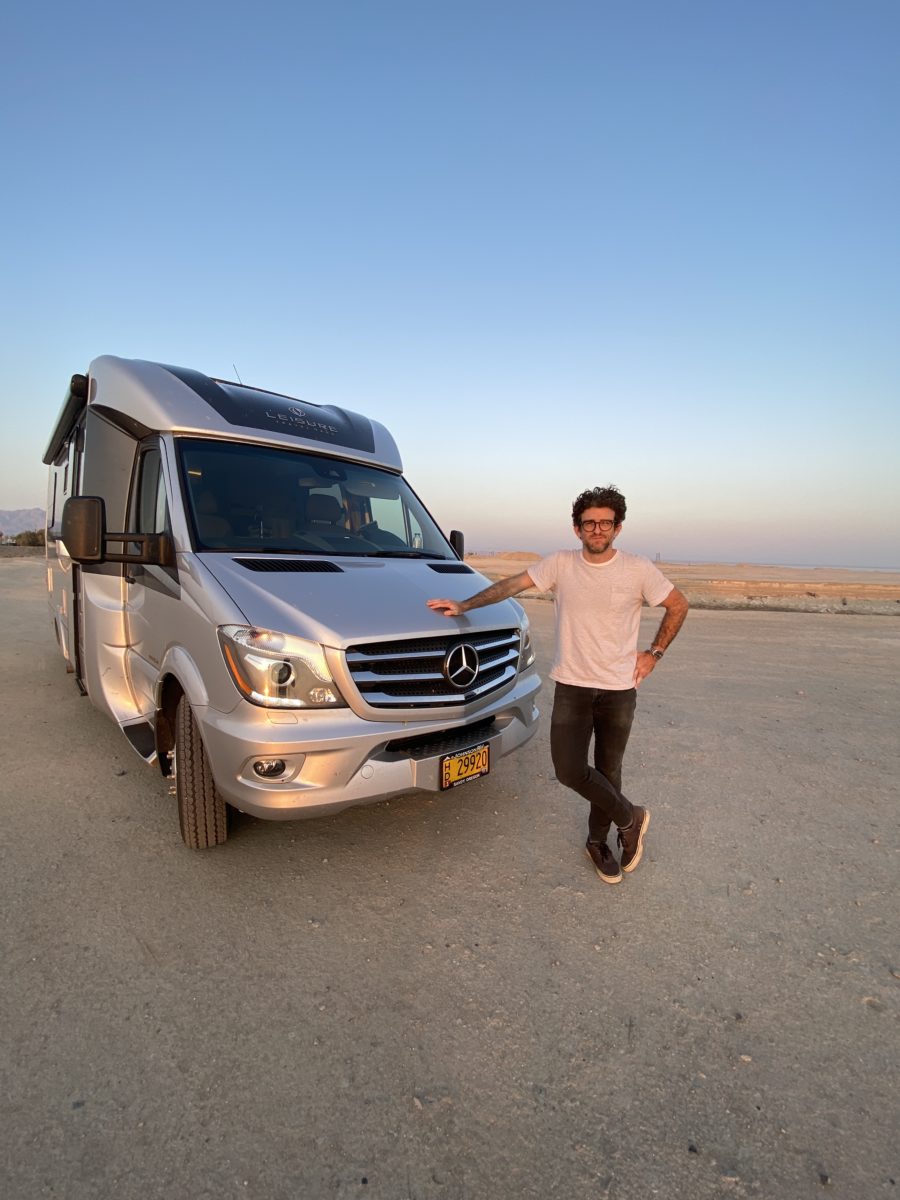
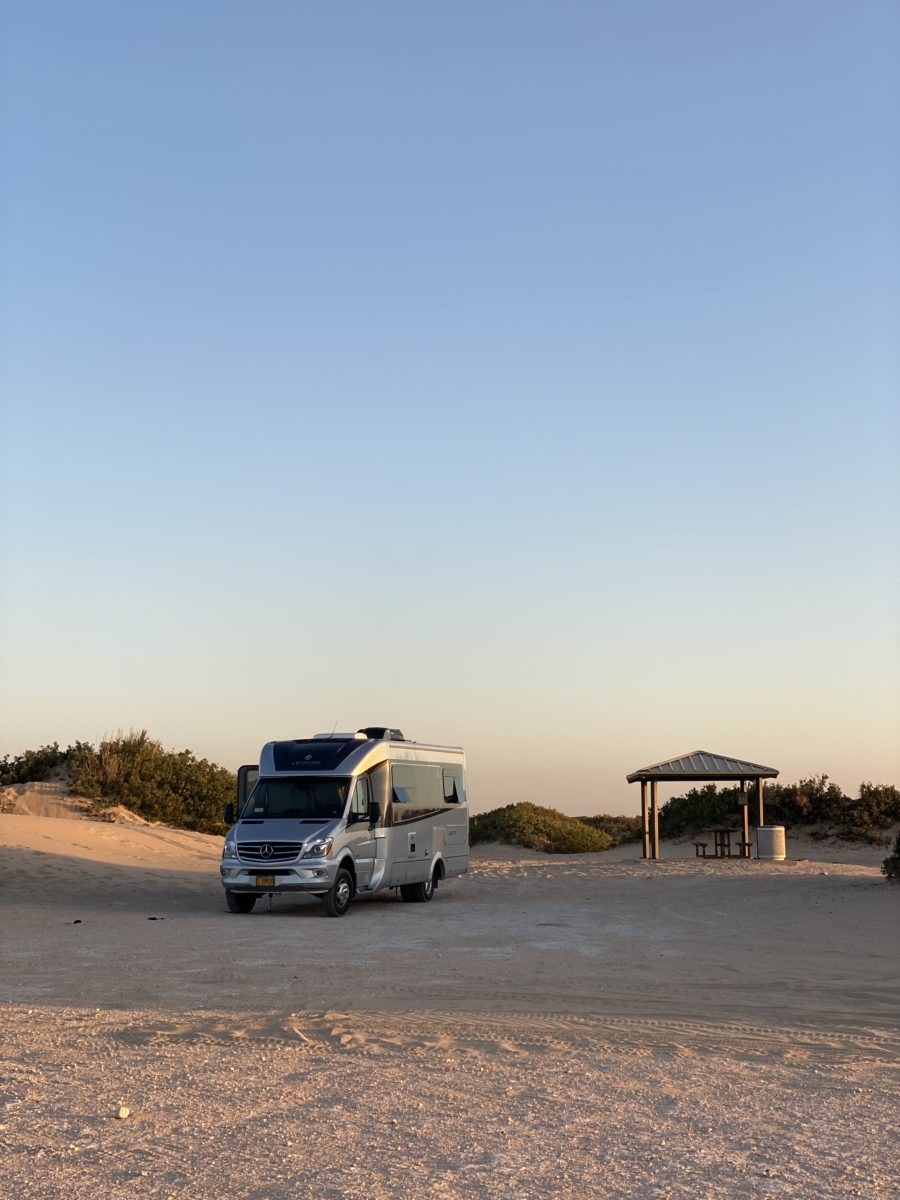

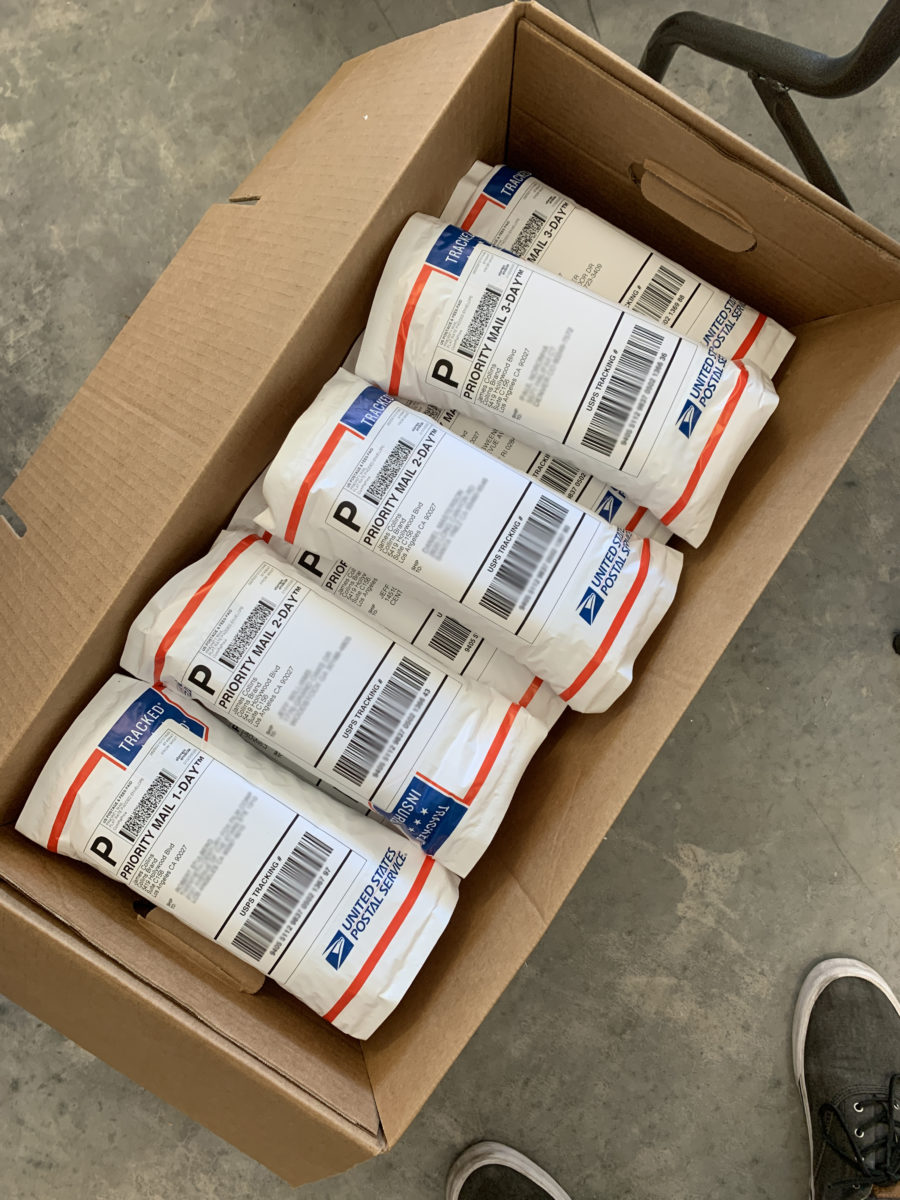
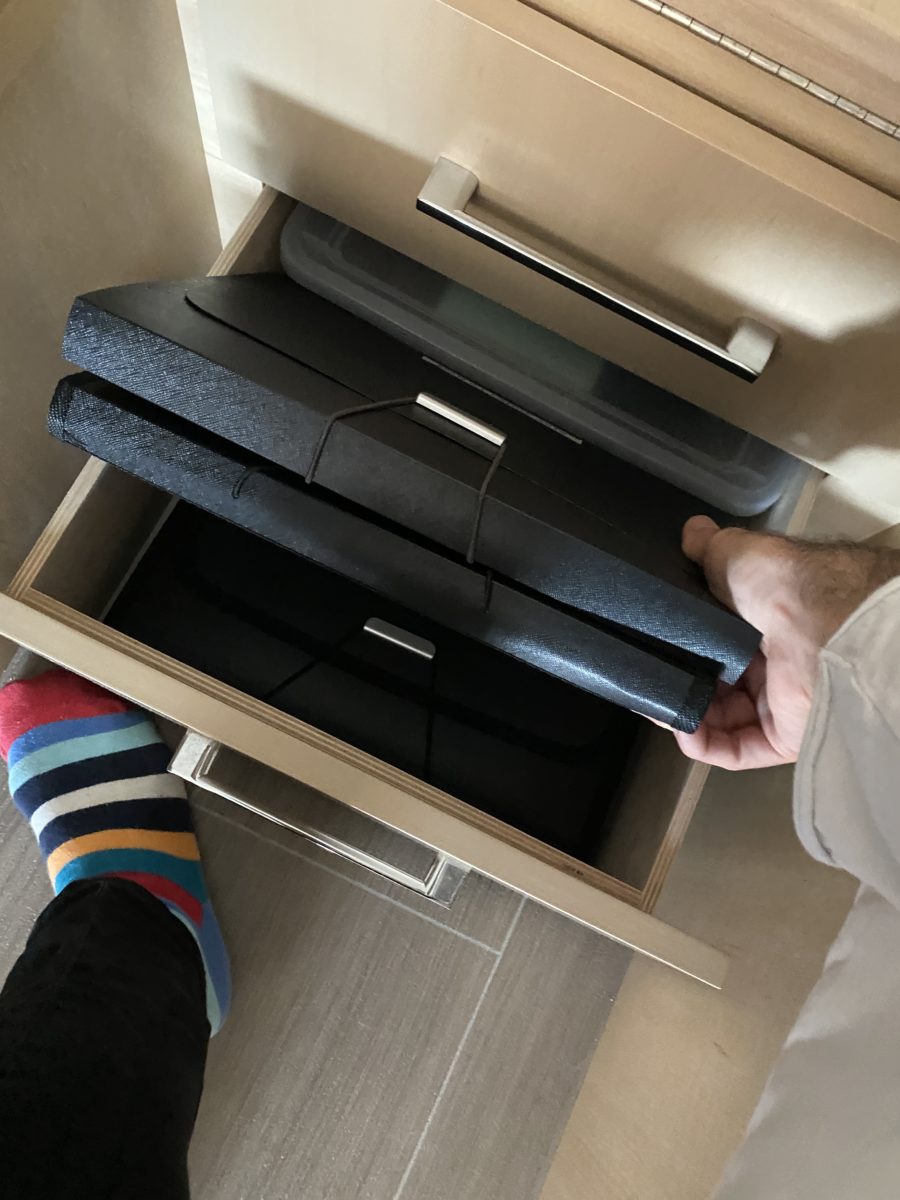
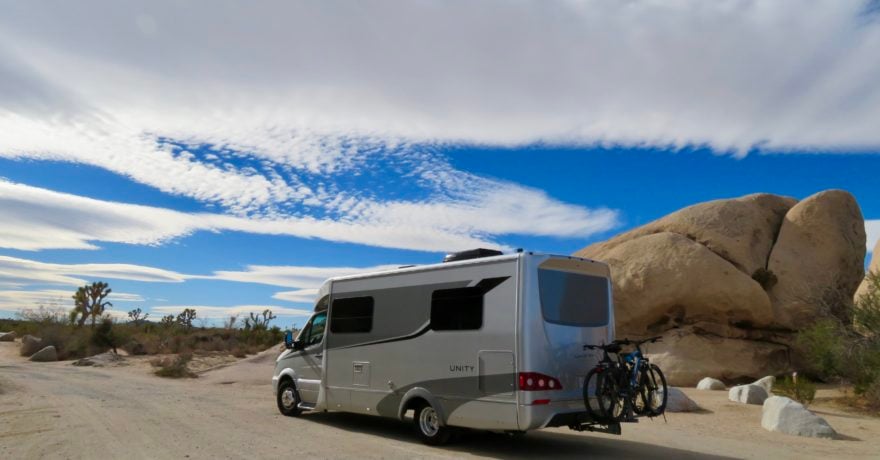
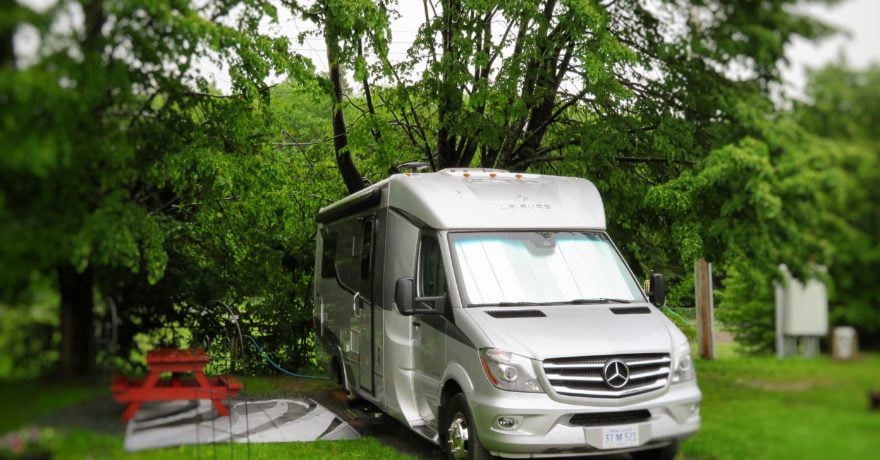
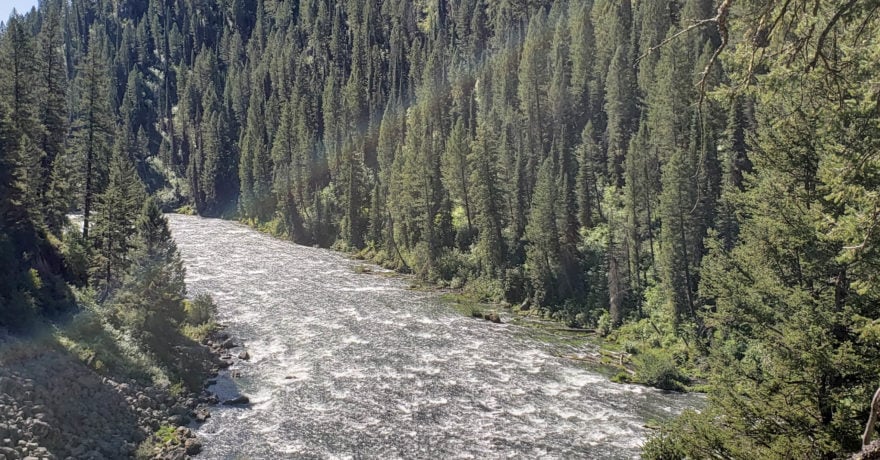
Comments